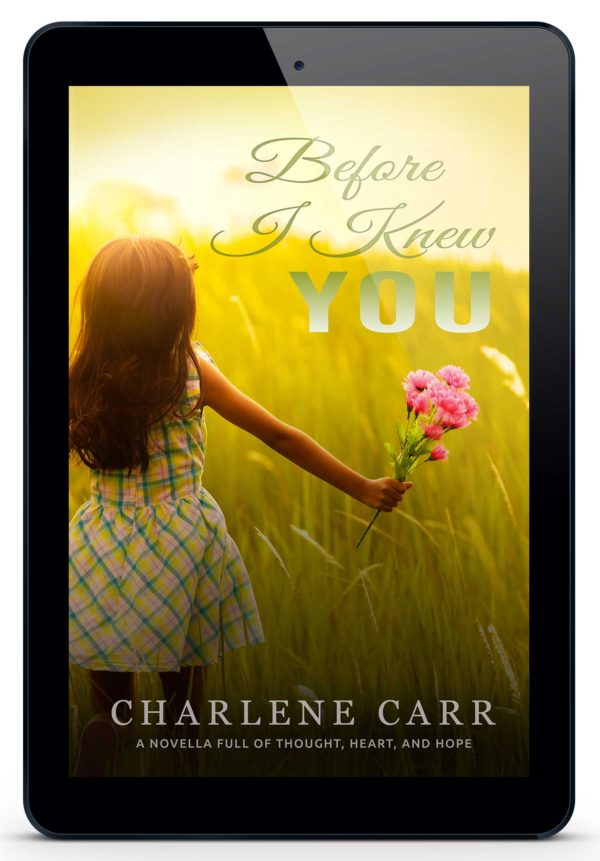 The first CD I ever bought was a Christian rap group’s album: DC Talk’s Free at Last. One of the songs, “Luv is a verb,” was the catalyst to the way I’ve tried to view love throughout my life.
The first CD I ever bought was a Christian rap group’s album: DC Talk’s Free at Last. One of the songs, “Luv is a verb,” was the catalyst to the way I’ve tried to view love throughout my life.
As a result of this song, various things I’ve read, observations I’ve made, and wisdom I’ve gleaned from those whose experience far surpasses mine, I fully believe that real love is an action (or series of actions).
It’s not a feeling. It’s something we can (and should) choose to express whether we feel like it or not.
Of course it’s always nicer (and easier) when the feeling is there too.
I believe this applies to love for family, friends, romantic partners, and humanity in general.
Despite this wholehearted belief, however, there are times when the way love is displayed as a feeling on the massive stream of TV shows, movies, music, books, and magazines plays its toll on my psyche.
I was reminded again of the notion that love is not a feeling from reading M. Scott Peck’s The Road Less Traveled.
Peck reminded me that real love is a commitment to love, to act lovingly, and to act for the betterment of the other person whether we feel like it at any particular moment or not.
This idea seems particularly important when it comes to romantic relationships, largely because of the false information we receive about what romantic love should be from the media.
Peck asserts that sooner or later all couples fall out of “love” (in a similar way that they “fall” in love) and it is at this point that real love either begins or never gets a chance to live.
Real love, love that is a verb, takes choice and action – it involves our will – it is us making a decision to love.
I think if people really knew and believed this, if we were taught it from childhood and saw examples of it throughout our lives, divorce rates would be a heck of a lot lower*, affairs would be nearly non-existent, and couples who made a conscious decision to be together would stay together instead of questioning the relationship and walking away in search of something seemingly more appealing or that excitement and rush of falling in love.
I like as well, Peck’s thought that although our feelings of love toward people can be “unbounded,” our “capacity to be loving is limited” and, therefore, we must carefully choose to whom we direct our will to love.
This knowledge and choice brings freedom: an ease of conscience.
I can choose to direct love to my family, my close friends, my partner, and on a smaller scale, humanity.
It also allows me to not feel guilty for those I make the conscious choice not to ‘spend’ my love on. It frees me from the fear of infidelity as well – if I choose to love my partner and know that the feeling of falling in love is nothing more than that, the allure of “the fall” is nothing compared to the security of knowing I’ve chosen a person worthy of receiving my will to love and that that person has chosen me.
Love is a verb. An action more than a feeling. Thoughts?
* I don’t know Peck’s thoughts on this, but I think it’s a different story when there are forms of abuse and the abusive partner is unwilling or not making the choice to change. I’d see choosing not to love that person as a conscious decision (which, in a sense and in some circumstances I suppose could be a form of true love in and of itself ).












Join the conversation!